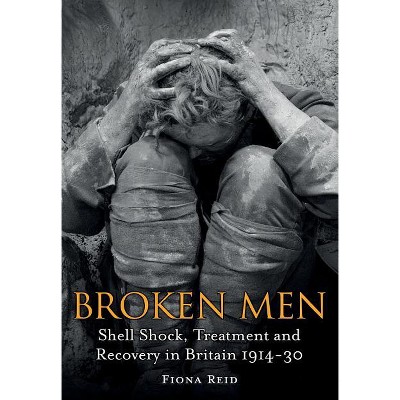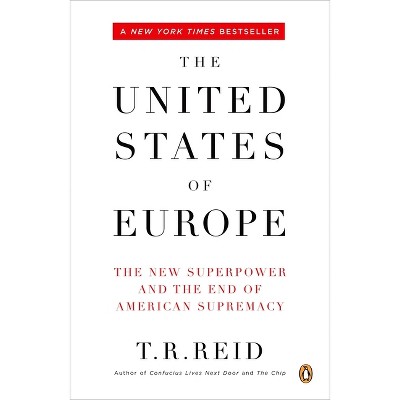About this item
Highlights
- The casualty rates of the First World War were unprecedented: approximately 10 million combatants were wounded from Britain, France and Germany alone.
- About the Author: Fiona Reid is Associate Head of Humanities and Social Sciences at the University of South Wales, UK, where she teaches modern European History.
- 280 Pages
- History, Military
Description
About the Book
"Explores the history of medical services, health and welfare in Europe during the First World War."--Provided by publisher.Book Synopsis
The casualty rates of the First World War were unprecedented: approximately 10 million combatants were wounded from Britain, France and Germany alone. In consequence, military-medical services expanded and the war ensured that medical professionals became firmly embedded within the armed services. In a situation of total war civilians on the home front came into more contact than before with medical professionals, and even pacifists played a significant medical role.
Medicine in First World War Europe re-visits the casualty clearing stations and the hospitals of the First World War, and tells the stories of those who were most directly involved: doctors, nurses, wounded men and their families. Fiona Reid explains how military medicine interacts with the concerns, the cultures and the behaviours of the civilian world, treating the history of wartime military medicine as an integral part of the wider social and cultural history of the First World War.Review Quotes
"[An] excellent history that will interest scholars of the First World War, the history of medicine, and modern European history more generally ... [Reid's] encyclopedic survey of the relevant history and scholarship on these topics is deeply impressive ... [She] has rendered exceptionally well the sort of service historians owe both to their readers and to the people who make and live the history we read." - EuropeNow
"[The] controversies over war and masculinity that surrounded pacifists who volunteered as stretcher-bearers at the front should put it on undergraduate reading lists." - CHOICE "Fiona Reid's anecdotal approach to her topic has yielded an engaging study ... it definitely merits careful reading and reflection." - Michigan War Studies ReviewAbout the Author
Fiona Reid is Associate Head of Humanities and Social Sciences at the University of South Wales, UK, where she teaches modern European History. She is the author of Broken Men: Shell Shock, Treatment and Recovery in Britain, 1914-1930 and a co-author (with Sharif Gemie and Laure Humbert) of Outcast Europe: Refugees and Relief Workers in an Era of Total War, 1936-1948 (2011).Shipping details
Return details
Trending Non-Fiction












